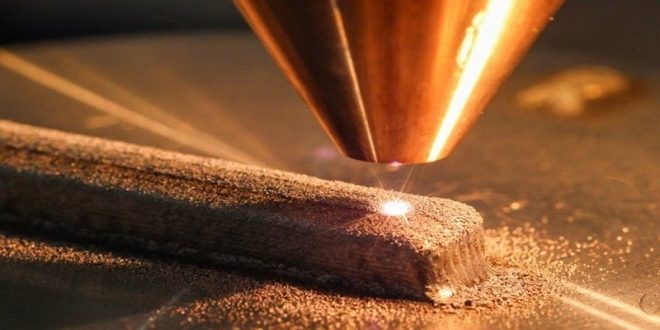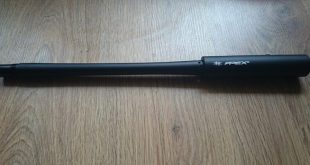In the ever-evolving landscape of manufacturing and design, precision and versatility are the keys to success. One technology that has been at the forefront of this revolution is the CO2 laser machine. These remarkable tools have opened up a world of possibilities in various industries, offering exceptional precision, speed, and adaptability. In this article, we’ll delve into the fascinating world of CO2 laser machines, exploring their applications across different sectors and highlighting the numerous advantages they bring to the table.
The Technology Behind CO2 Laser Machines
Before we dive into their applications, let’s briefly understand how CO2 laser machines work. These machines use a gas mixture, typically composed of carbon dioxide, nitrogen, and helium, to generate a laser beam in the mid-infrared range. This laser beam is then directed and focused onto the material to be processed. When the laser beam interacts with the material’s surface, it vaporizes or melts it with incredible precision, allowing for a wide range of applications.
Applications of CO2 Laser Machines
- Engraving and Marking: CO2 lasers excel at engraving and marking a variety of materials, including wood, glass, plastics, and metals. They can produce intricate designs, serial numbers, barcodes, and logos on surfaces with unparalleled accuracy. This makes them indispensable in industries like jewelry, packaging, and electronics.
- Cutting: CO2 lasers are widely used for precise cutting of materials like acrylics, fabrics, rubber, and wood. Their ability to make clean, intricate cuts without the need for additional tooling or machining makes them invaluable in industries such as signage, textiles, and woodworking.
- Welding: CO2 lasers are utilized for high-speed, non-contact welding of plastics and metals. Their ability to provide controlled and localized heat input makes them suitable for delicate and intricate welding applications in the automotive, medical, and electronics sectors.
- Medical Applications: CO2 lasers find applications in the medical field for procedures like skin resurfacing, dermatology, and dental treatments. Their precision and minimal thermal damage to surrounding tissues make them a preferred choice.
- Industrial Manufacturing: CO2 lasers play a crucial role in industrial manufacturing processes, including cutting, marking, and engraving. They help streamline production, reduce waste, and improve overall efficiency in sectors such as aerospace, automotive, and electronics.
Advantages of CO2 Laser Machines
- Precision: CO2 lasers offer exceptional precision, allowing for intricate and detailed work that would be challenging with other methods.
- Versatility: These machines can process a wide range of materials, from delicate fabrics to hard metals, making them suitable for diverse applications.
- Speed: CO2 lasers operate at high speeds, significantly reducing production times and costs.
- Contactless Processing: The non-contact nature of CO2 laser machining minimizes wear and tear on the equipment and reduces the need for frequent tool changes.
- Minimal Waste: CO2 lasers produce minimal waste as the material is vaporized or melted away, resulting in cleaner, more eco-friendly processes.
Conclusion
CO2 laser machines have indeed unlocked a world of potential across various industries. Their precision, versatility, and efficiency have revolutionized manufacturing and design processes, enabling businesses to achieve new heights of creativity and productivity. As technology continues to advance, we can only expect CO2 lasers to play an increasingly significant role in shaping the future of manufacturing and design.
 Naa Songs
Naa Songs





